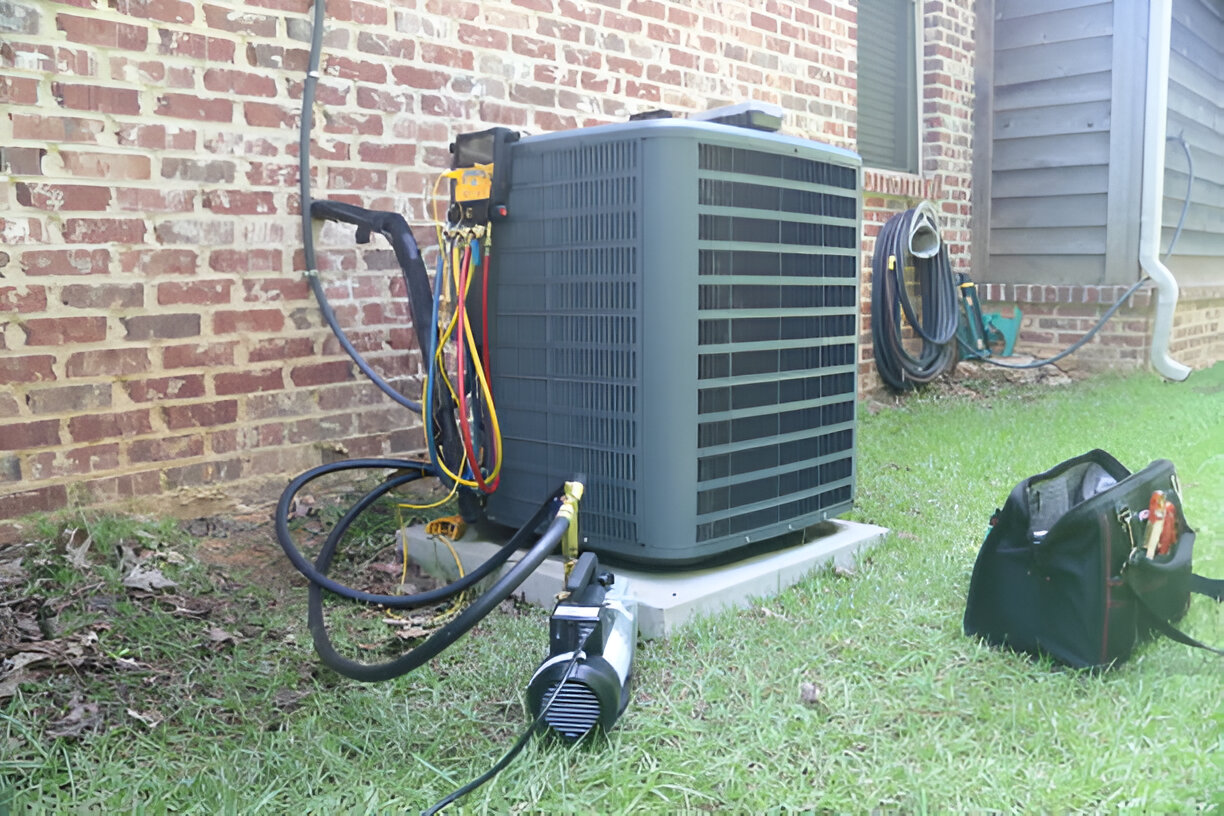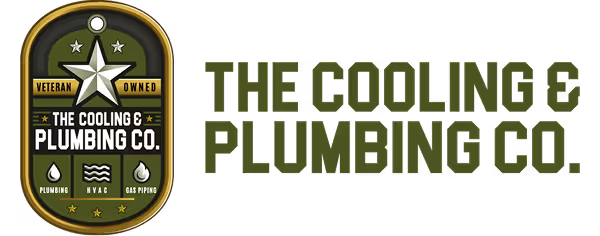24 Hour Heat Pump Repair in Sun Lakes, AZ
When a heat pump fails in the middle of a Sun Lakes summer evening or during a chilly desert night, the consequences go beyond inconvenience. Rapid, skilled emergency service protects comfort, prevents secondary damage, and keeps vulnerable residents safe. Our 24/7 heat pump repair overview explains how after-hours calls are handled in Sun Lakes, AZ, what you can expect from emergency response, common crisis scenarios, safety protocols, and how experienced technicians diagnose and fix heat pump emergencies.

Why 24/7 heat pump repair matters in Sun Lakes, AZ
Sun Lakes sits in the East Valley where summer temperatures regularly exceed 100°F and retirees and families rely on dependable cooling. Even short outages can create health risks, accelerated wear on equipment, and household stress. Heat pumps provide both cooling and heating in many Valley homes, so a sudden failure can be critical year-round. 24 hour heat pump repair in Sun Lakes, AZ is tailored to these local risks: fast response during extreme heat, technicians familiar with East Valley housing stock, and procedures that protect older systems common in the community.
Typical emergency scenarios
Common 24/7 heat pump emergencies we see in Sun Lakes homes include:
- Complete system failure — unit makes no noise, no airflow indoors or outdoors.
- No cooling during heatwave — compressor not engaging or outdoor fan not running.
- No heating on cold nights — reversing valve, compressor, or defrost system malfunction.
- Electrical failures — tripped breakers, blown fuses, fried control boards, or burning smells.
- Refrigerant loss or rapid pressure drop — sudden performance loss and ice on lines.
- Severe short-cycling — unit rapidly turns on and off, increasing wear and energy use.
- Safety hazards — burning electrical odor, smoke, or suspected gas/electrical issues requiring immediate isolation.
How after-hours calls are handled
After-hours protocols prioritize safety, triage, and speed:
- Calls are received via a 24/7 dispatch system and triaged by trained dispatch personnel who ask focused questions to assess risk (smoke, odor, vulnerable occupants, total loss of cooling/heating).
- Simple remote troubleshooting is offered first (thermostat checks, breaker inspection, basic resets) to quickly restore service in some cases.
- High-priority emergencies (health risk, electrical odors, complete outages during extreme temperatures) are elevated and assigned an on-call technician.
- Dispatch notes include property-specific details when available (age of system, access instructions, HOA restrictions) so technicians arrive prepared.
Expected response times and factors
Response windows vary with call volume, time of night, and parts availability. Typical expectations for Sun Lakes:
- Priority emergencies (unsafe conditions, no cooling during extreme heat) aim for the fastest practical arrival — often within 60 to 90 minutes when an on-call technician is nearby.
- Less urgent after-hours issues may be scheduled the same evening or early the next morning.Factors that influence response time include traffic patterns across the East Valley, technician location, and whether specialized parts are required. Remote troubleshooting can sometimes resolve the issue immediately without a dispatch.
Safety procedures technicians follow
On arrival, technicians follow a consistent safety-first protocol:
- Identification and verification before entry and a clear explanation of findings.
- Initial visual and smell checks for electrical burning or refrigerant odor; immediate isolation of power or gas if hazards are present.
- Use of PPE, lockout/tagout for electrical circuits, and leak detection equipment for refrigerant hazards.
- If a hazardous condition is found (smoke, active electrical fire, gas smell), technicians secure the area and coordinate with emergency services as needed.
- Documentation of immediate actions and recommendations for safe, permanent repairs.
Emergency pricing and dispatch fees (what to expect)
After-hours service typically includes an emergency dispatch fee that reflects the cost of keeping technicians on call. Other typical components:
- A dispatch or trip fee for after-hours visits.
- Hourly labor or flat diagnostic charges billed at after-hours rates.
- Parts and materials quoted separately; if a repair is urgent, technicians will request authorization before proceeding.Transparency is standard practice: before doing non-emergency work, technicians will explain the cost structure and provide an estimate when possible. For critical life-safety issues, safety measures take precedence and traditional quoting may follow after the immediate hazard is mitigated.
Technician credentials and qualifications
Emergency technicians serving Sun Lakes are trained and credentialed to handle heat pump emergencies:
- Licensed, bonded, and insured professionals.
- EPA-certified for refrigerant handling and recovery.
- Manufacturer training and ongoing manufacturer-specific certifications for major brands.
- Background-checked, drug-screened, and experienced in both installation and emergency diagnostics.This combination ensures safe handling of refrigerants, electric systems, and complex controls in older and newer heat pump systems.
Diagnostic and repair process during an emergency
When a technician arrives for an after-hours heat pump repair, the typical process is:
- Quick triage and safety isolation if needed.
- System verification: thermostat calls, breaker/power checks, indoor blower operation, and outdoor unit status.
- Targeted component testing: capacitors, contactors, motors, compressor start components, reversing valve, and control boards.
- Refrigerant pressure checks and leak detection when performance indicates potential loss.
- Temporary measures when immediate parts aren’t available (safe bypasses, temporary fixes to restore function) and scheduling for permanent repair.
- Clear documentation of findings, repairs performed, and recommendations for follow-up work or parts replacement to restore long-term reliability.
Common emergency repairs that restore service quickly:
- Replacing failed start/run capacitors or contactors
- Repairing or replacing outdoor fan motors
- Resetting or replacing control boards and relays
- Emergency refrigerant recovery and temporary recharge after locating a leak
- Replacing thermostats or correcting wiring faults
Local maintenance tips to reduce emergency risk
Sun Lakes homeowners can reduce the chance of after-hours emergencies by:
- Scheduling seasonal tune-ups before peak summer and cooler months.
- Replacing filters monthly during heavy-use seasons and ensuring proper airflow.
- Keeping outdoor units clear of landscaping, debris, and excessive shade that traps heat.
- Watching for early warning signs: increasing energy bills, weak airflow, unusual noises, or frequent cycling.
- Considering a maintenance plan that includes priority scheduling and pre-season inspections.
Benefits of prompt 24/7 heat pump repair in Sun Lakes
Fast emergency service protects comfort and health during extreme Valley temperatures, reduces the risk of costly secondary failures, and preserves equipment life. For Sun Lakes’ demographic mix — including many older or medically vulnerable residents — timely repair is especially important. A predictable after-hours process, licensed technicians, and transparent emergency practices give homeowners confidence when every degree matters.
If an urgent heat pump issue arises at night or on a weekend in Sun Lakes, emergency repair protocols focus on safety, rapid diagnosis, and restoring function while providing clear next steps for lasting repairs and prevention.






